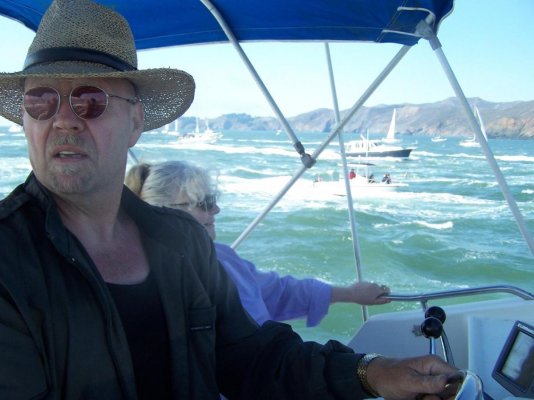Wow, light boat
We are 10 ft longer and weigh more than double.
Interesting our sort of sister ship Santa Barbara has a 6lxb in her.
They reckon 7.5 knots @ 12lph
Throttle must be pushed down a bit further to get there and would love to know what, if any they have left in reserve.
When ours was repowered during the rebuild alongside Santa Barbara , the owner must have considered the Gardner as we have all the numbers on board in some of the paperwork.
Chose the 325 HP Cummins instead and we use approx 100 of those horses for our speed and similar burn but with plenty in reserve at a greatly increased thirst, of course.
https://yachthub.com/list/boats-for-sale/used/power-boats/custom-60-foot-luxury-motor-cruiser/206741



